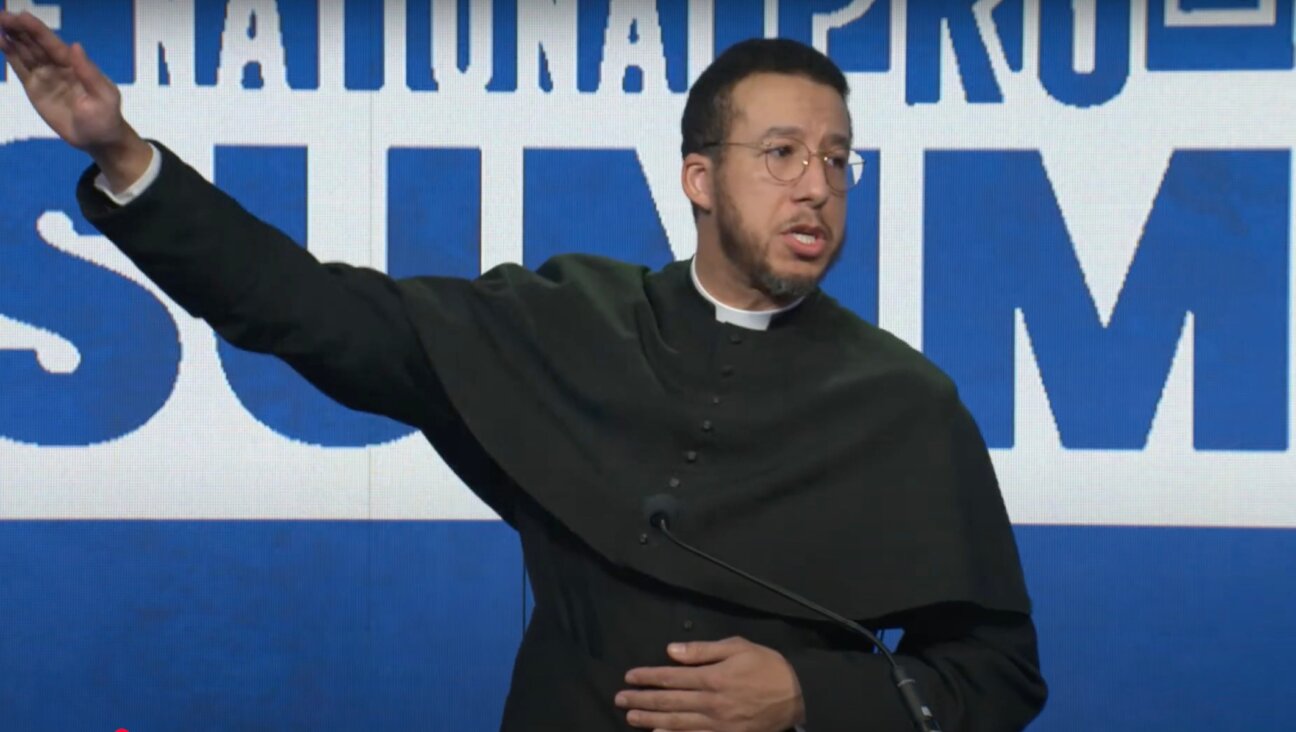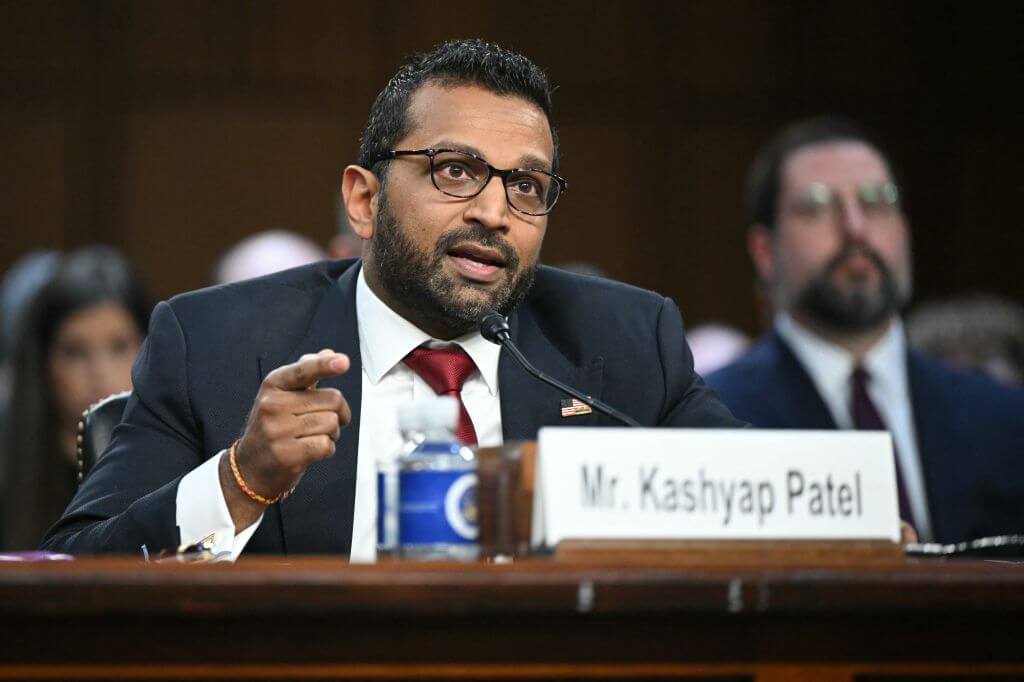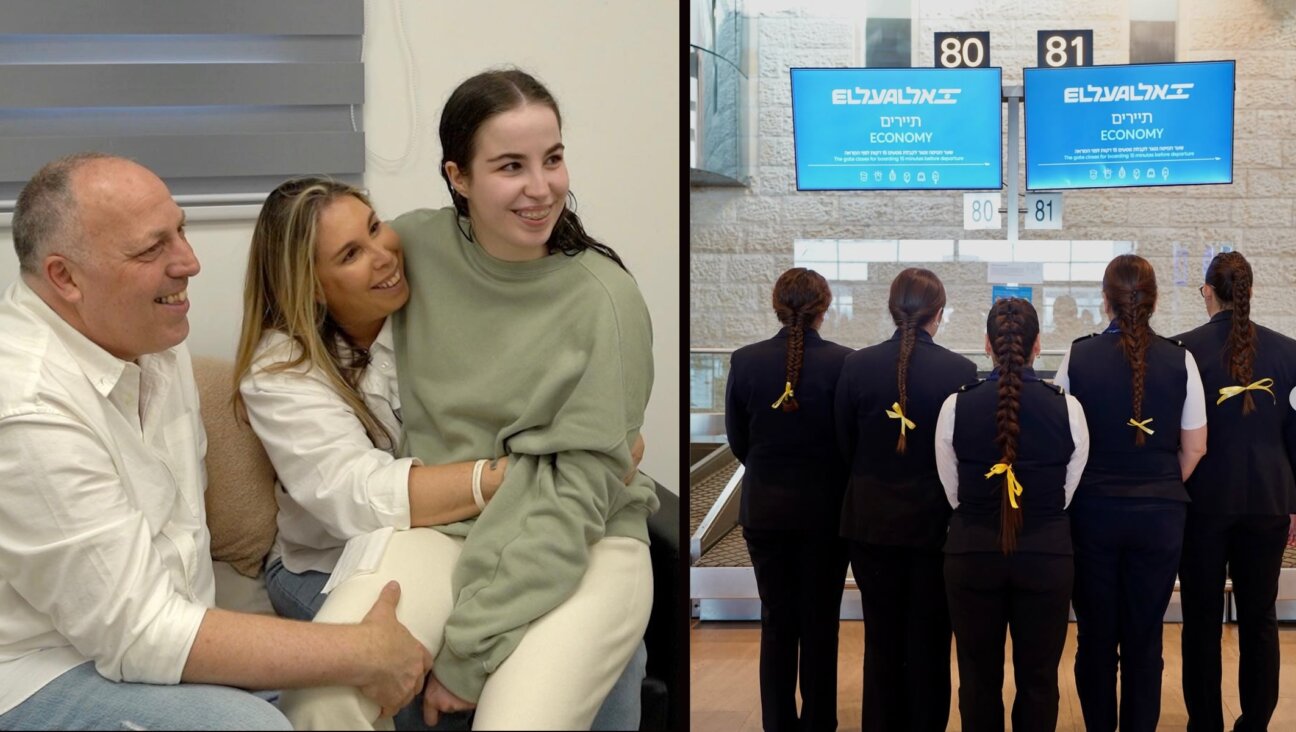Don’t Rent Apartments to Lesbians, Says Rabbi

Image by Getty Images
Getty Images
“A nice girl came to me and expressed interest in renting my apartment. She also informed me that she was in a relationship with a woman. Given her relationship status, is there a Jewish law preventing me from renting the apartment to her?”
When this question was recently posted to one of Israel’s popular religious internet forums, Ramat Gan’s chief municipal rabbi Yaakov Ariel had this to say:
“If the two women want to rent the apartment together, don’t rent it to them. If just one of them wants to rent it, you can let her — but only if you have no better option.”
There you have it: proof that housing discrimination is alive and well in Israel, the country that likes to bill itself as a haven for the LGBT community.
It’s an incredibly disappointing response, of course. Disappointing to think that prominent rabbis are going around saying, as Rabbi Ariel did in a follow-up interview, that lesbian relationships are “unnatural” and that property owners don’t need to make themselves party to such “strange things.”
Disappointing to think they’re inculcating in Jews the belief that “Jewish law doesn’t look kindly on couples like that,” without bothering to add any sort of nuance, like the fact that lesbian relationships don’t really become an issue in Judaism until Maimonides gets around to them in the 12th century.
Disappointing to think that if my girlfriend and I were to try and rent an apartment in Israel, daring to be as honest and forthcoming as the would-be tenant mentioned above apparently was, we could easily be discriminated against.
Disappointing — but not at all surprising. Because this rabbi’s don’t-rent-to-lesbians policy is just the latest in a series of similar rabbinic responses coming out of Israel over the past few years. Remember the don’t-rent-to-Arabs policy? Or how about the don’t-rent-to-Ethiopians policy?
These things are all interconnected, I’d argue, because a society that discriminates against one minority will almost inevitably discriminate against others. You can chalk that up to a lovely little phenomenon we feminists like to call intersectionality — the idea that different forms of oppression are often mutually reinforcing.
In this case, I suspect that the anonymous questioner who took to an online forum to ask “Am I allowed to rent to lesbians?” would never even have thought to ask such a question if not for the preexisting rabbinic pronouncements against renting to other minorities. Had the rabbis not already normalized the idea that it’s okay to discriminate against perceived undesirables when it comes to housing, I doubt it would’ve occurred to the questioner to think that the Torah’s prohibition against same-sex acts might somehow extend to a prohibition against renting to a same-sex couple.
So, while I couldn’t agree more with the Israeli LGBT groups who are issuing statements of outrage over how this rabbinic response harms the queer community, I think we miss the mark if we don’t also point out how such a response harms all minorities in Israel — and, at least in part, grows out of discrimination against them, too.
The good news here is that Israel’s Justice Ministry seems to understand this point pretty well:
Following the rabbi’s ruling, Justice Minister Tzipi Livni instructed the ministry’s legal experts to examine a legislative amendment which would define discrimination in housing as a criminal offense, punishable with up to six-month in prison.
According to Livni, discrimination is, unfortunately, a very common and difficult phenomenon, and the war against it is of great importance in a democratic country.
“The housing issue is not included in the Prohibition of Discrimination Law,” said the justice minister, “but a reality where rabbis urge people not to lease apartments to non-Jewish residents or members of the gay community, require us to respond and make it clear that any type of discrimination, including in housing, is a criminal offense and a civil injustice,” Livni added.
With any luck, this rabbi’s discriminatory response may actually result in some positive legal change.
A message from our Publisher & CEO Rachel Fishman Feddersen

I hope you appreciated this article. Before you go, I’d like to ask you to please support the Forward’s award-winning, nonprofit journalism so that we can be prepared for whatever news 2025 brings.
At a time when other newsrooms are closing or cutting back, the Forward has removed its paywall and invested additional resources to report on the ground from Israel and around the U.S. on the impact of the war, rising antisemitism and polarized discourse.
Readers like you make it all possible. Support our work by becoming a Forward Member and connect with our journalism and your community.
— Rachel Fishman Feddersen, Publisher and CEO
























